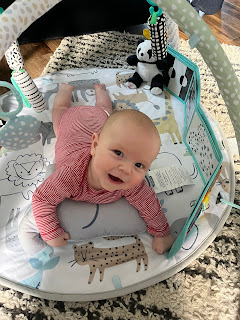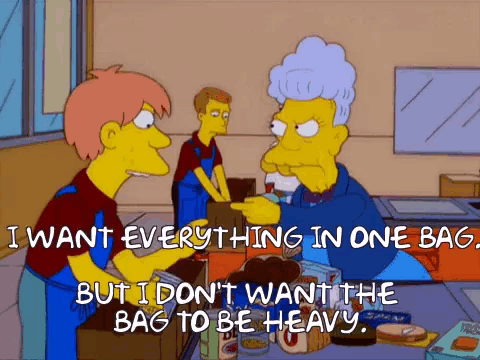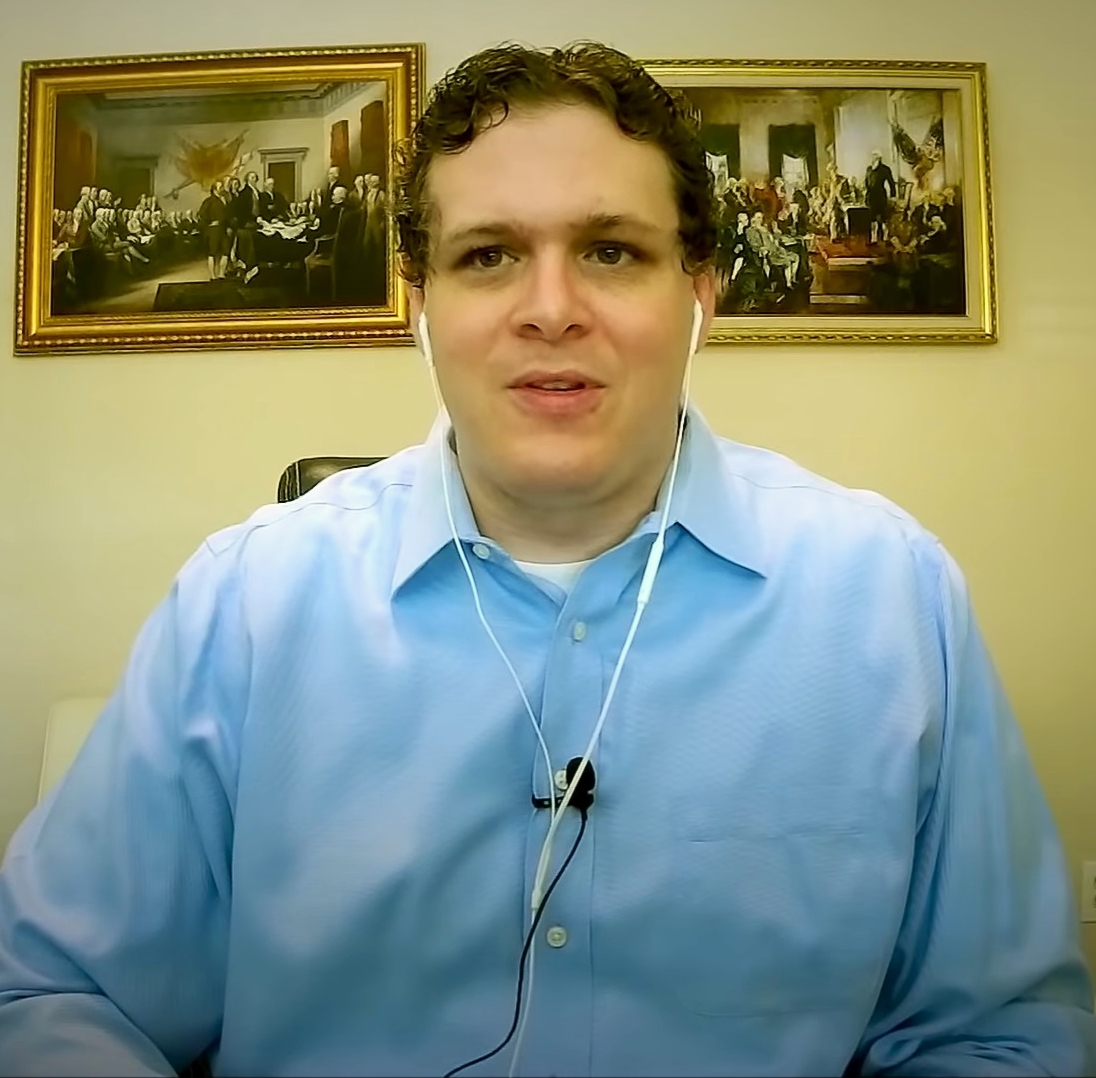Nathaniel turned four months old last week.
And I’m already a proud papa.
Of course, he isn’t really doing that much right now. But why should I let that stop me?
Here’s a list of some of things I’m proud about my baby:
I’m proud of how big he is: Nathaniel scared us a bit at the hospital—he lost a lot of weight after he was born, and wasn’t waking up for feedings. But now he’s a veritable giant! 96th percentile for weight, and literally off the charts for height (28 inches long!). Anyone have advice for raising a jock baby?
I’m proud of what a great observer he is: Whenever we go out, Nathaniel is incredibly well-behaved. He almost never fusses in public, but he also rarely smiles in public either. Instead, he gets this thoughtful, observant look on his face and just silently soaks everything in.
Then we get home and it’s silly-town. But not in public. He’s not an animal.
I’m proud of how strong he is: Almost from the get-go, Nathaniel has been very strong. He was holding his neck up and looking around even while we were still in the hospital.
I’m proud of what a great sleeper he is: Don’t kill me, fellow parents, but Nathaniel basically started sleeping through the night immediately. I can count on one hand the number of times we’ve been woken up by him crying. He’ll take a midnight bottle, but sleep right through it—I don’t even have to rock him back down. And otherwise, he sleeps consistently from 7 to 7. Daytime naps are a little dicier, but he’s getting better, and in any event I’ll take that trade all day.
I’m proud of how patient he is: For awhile, Nathaniel had no interest in waiting even a second for a bottle once he got hungry (our running joke trying to soothe him while the bottle warmed was to agree “we’ve never fed you once in your life”). But now he’s much more understanding. It’s even more pronounced when he wakes up in the morning—no tears, no yelling, he’ll just happily entertain himself in the crib until mom is ready to get him.
I’m proud of how resilient he is: This is a big one, because it is not my forte. But when he got his shots, mom and dad were upset for longer than he was. And we’re already seeing him develop self-soothing practices to help him fall back asleep or get through a challenging time. I could learn from him.
I’m proud of how joyful he is: He may not show it in public, but Nathaniel has the best smile. He loves to giggle when being tickled, he loves to jabber while on his playmat, and he loves to dance when we sing him songs (we hold him upright as he bounces about). There’s nothing I love more than watching him take joy in the world around him.
This is just a short list. And it will only grow as he grows older. I’m not going to lie and say there’s nothing he could do that wouldn’t make me proud; but what is true is that there are an infinite number of ways he can make me proud, and I can’t wait to discover what they all will be.



%202.jpg)


